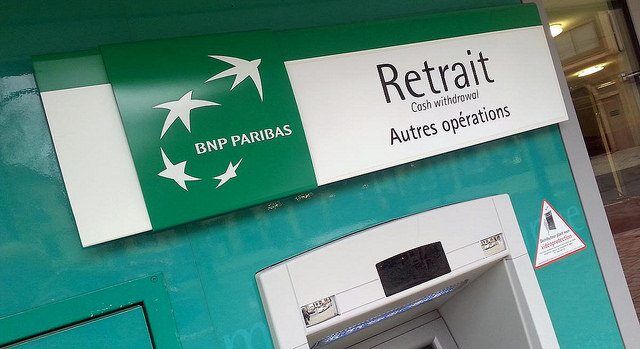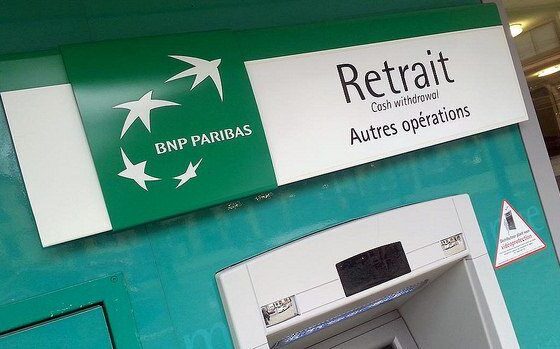

Features
BNP Paribas : Remuneration Of Shareholders And Responsible Dividend Policy
While the remuneration of managers and employees is often a point for discussion, both in political and economic spheres, shareholder remuneration is talked about much less frequently.
However, as a responsible investor, it is important for BNP Paribas to delve further into this subject: an excessive dividend policy can call into question the company’s ability for long-term development (jeopardising the means to invest in expansion or innovation) and also undermine the necessary cohesion between the different stakeholders (shareholders and employees, in particular). A good balance in the distribution of the added value seems necessary so as not to compromise the company’s long-term strategy.
Dividend policy and the distribution of added value
Issues of dividend policy and the distribution of added value require the definition of the governance model to be followed. Founded on agency theory 1 , this assumes that the company’s primary objective is to maximise value for its shareholders. In practice, this is the predominant model: although shareholders have the possibility to speak out about dividend distribution 2 , they generally approve it to a large extent, with approval rates even exceeding 99% 3 in extreme cases. Shareholders can also propose resolutions asking for a different distribution rate. But generally speaking, the purpose is to claim an increase in the dividend in the context of shareholder activism practices 4 , which favour the short term maximisation of shareholder returns.
We believe that the most suitable approach should be closer to the so-called double convergence 5 model: that of a company with multiple objectives and which seeks the
maximisation of shareholder profit, while also acting in the interests of the other stakeholders (employees, but also customers, suppliers, governments, creditors 6 , etc.) and thereby aiming to find a form of sustainable balance. We consider that this equilibrium involves seeking a balanced distribution of added value between shareholders, managers and employees. As an investor, we have a critical role to play in such a policy.
The BNP Paribas Investment Partners approach to dividend policy
The responsible dividend
BNP Paribas Investment Partners has a long-standing experience in strategies which promote investing in high-dividend stocks, so we wanted to offer clients this approach, while Partners integrating the ‘responsible dividend’ concept.
To define the universe of eligible companies for the responsible high-dividend theme, we have made sure that we address the following questions:
Conclusion
Investors committed to offering their clients responsible, long-term management should address the subject of shareholder remuneration, just as they do executive remuneration. At BNP Paribas Investment Partners, this is reflected in our new European equity strategy, which wholeheartedly follows the ‘responsible dividend’ approach. This concept has been integrated into our voting policy and the discussions we hold with equity issuers for quite some time. We consider that greater emphasis should be placed in the future on the more general subject of the fair distribution of added value within the company. This is not only in the interest of stakeholders such as employees, but also shareholders who are eagerly searching for yield in the long term.


 Environment12 months ago
Environment12 months agoAre Polymer Banknotes: an Eco-Friendly Trend or a Groundswell?

 Features11 months ago
Features11 months agoEco-Friendly Cryptocurrencies: Sustainable Investment Choices

 Features12 months ago
Features12 months agoEco-Friendly Crypto Traders Must Find the Right Exchange

 Energy11 months ago
Energy11 months agoThe Growing Role of Solar Panels in Ireland’s Energy Future




























